Researchers from the University of Zurich, University of Amsterdam, Duke University, and New York University released a study on Wednesday, revealing that artificial intelligence (AI) models remain easily distinguishable from humans in social media conversations. The study, which tested nine open-weight models across TwitterX, Bluesky, and Reddit, found that classifiers developed by the researchers detected AI-generated replies with 70 to 80 percent accuracy.
According to the study, the researchers identified overly friendly emotional tone as the most persistent giveaway that an AI model is attempting to blend in with humans. "Our study shows that AI models struggle to convincingly mimic human language, and their attempts often result in an overly polite or friendly tone," said Dr. Maria Rodriguez, lead author of the study. "This is a significant finding, as it highlights the limitations of current AI technology and the need for more sophisticated language models."
The researchers developed a computational Turing test to assess how closely AI models approximate human language. Instead of relying on subjective human judgment about whether text sounds authentic, the framework uses automated classifiers and linguistic analysis to identify specific features that distinguish machine-generated from human-authored content. "Our approach allows us to objectively evaluate the quality of AI-generated text and identify areas where it falls short," said Dr. John Lee, a co-author of the study.
The study's findings have significant implications for society, particularly in the context of social media and online interactions. As AI-generated content becomes increasingly prevalent, it is essential to develop effective methods for detecting and mitigating its spread. "The ability to distinguish between human and AI-generated content is crucial for maintaining the integrity of online discourse and preventing the spread of misinformation," said Dr. Rodriguez.
The researchers' findings also raise important questions about the role of AI in social media and the potential consequences of relying on AI-generated content. "As AI models become more sophisticated, we need to consider the potential risks and benefits of using them to generate content," said Dr. Lee. "Our study highlights the need for more research in this area and the development of more effective methods for detecting and mitigating the spread of AI-generated content."
The study's results are based on a comprehensive analysis of social media data and provide valuable insights into the limitations of current AI technology. As researchers continue to develop more sophisticated language models, it is essential to consider the implications of these advancements for society and to develop effective methods for detecting and mitigating the spread of AI-generated content.














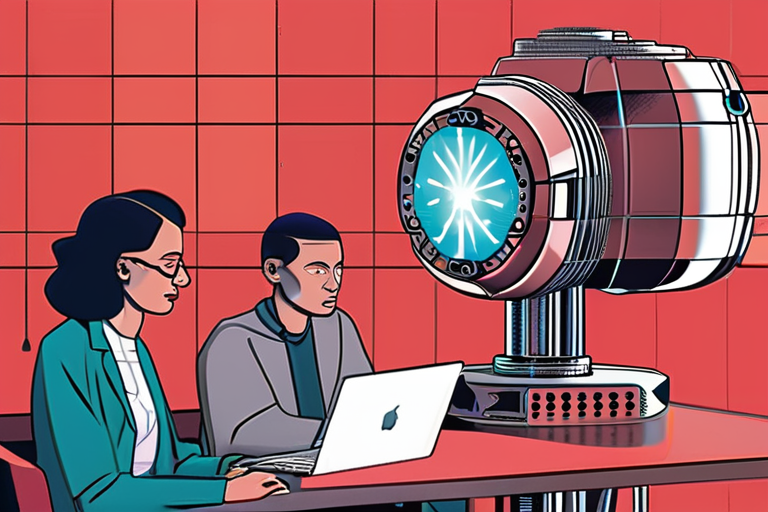
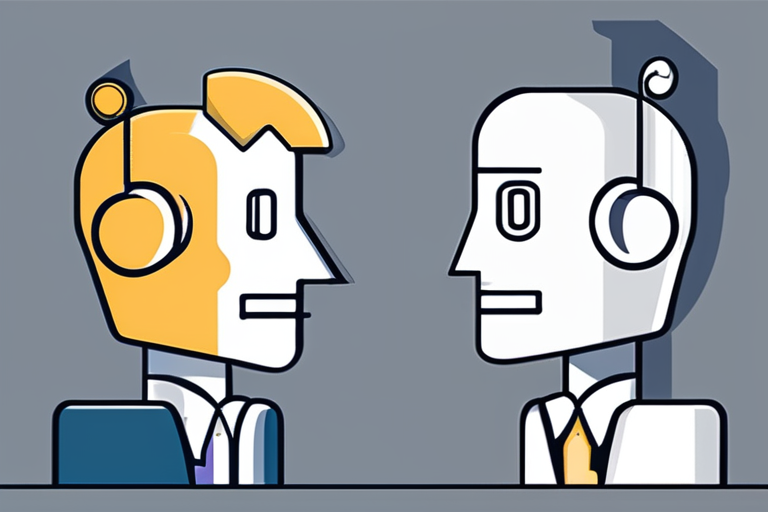
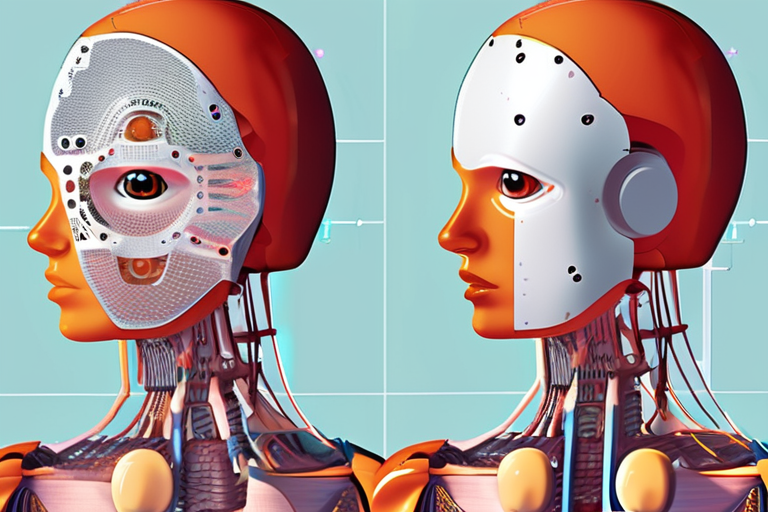

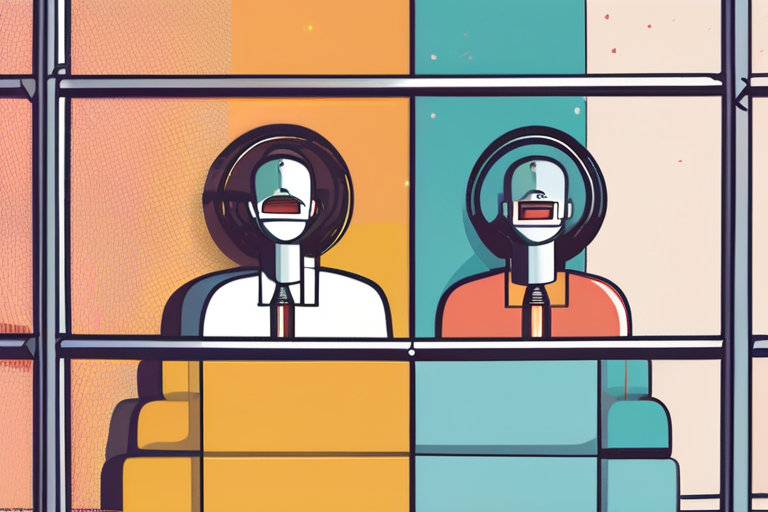
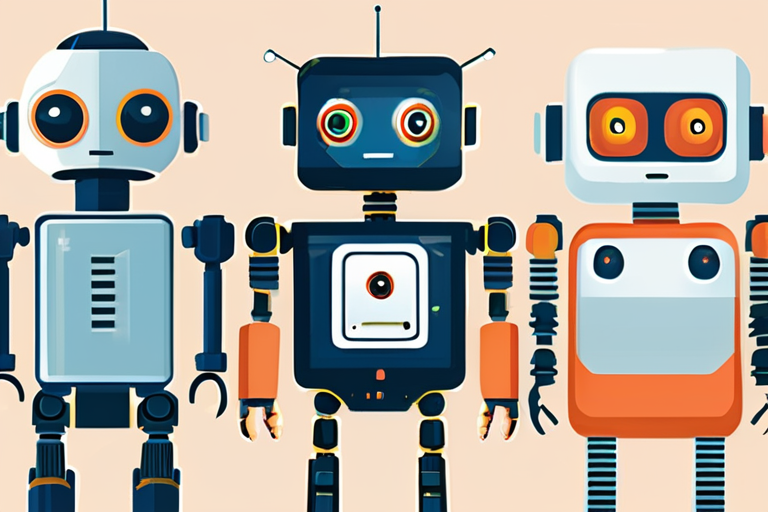


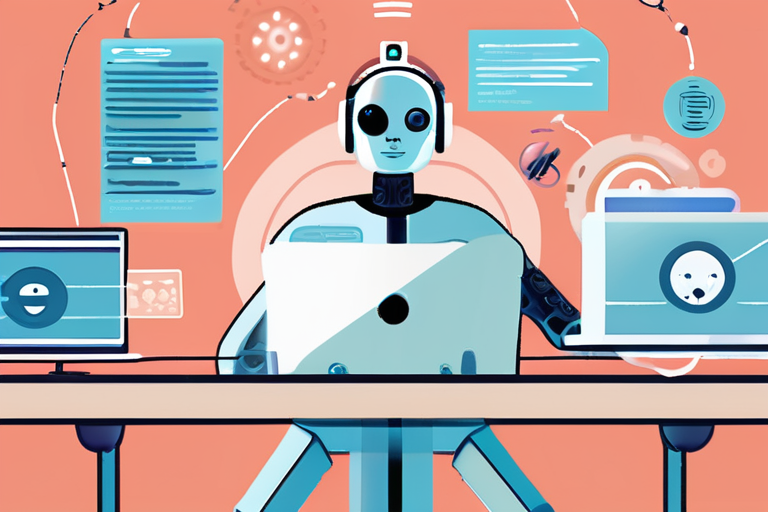
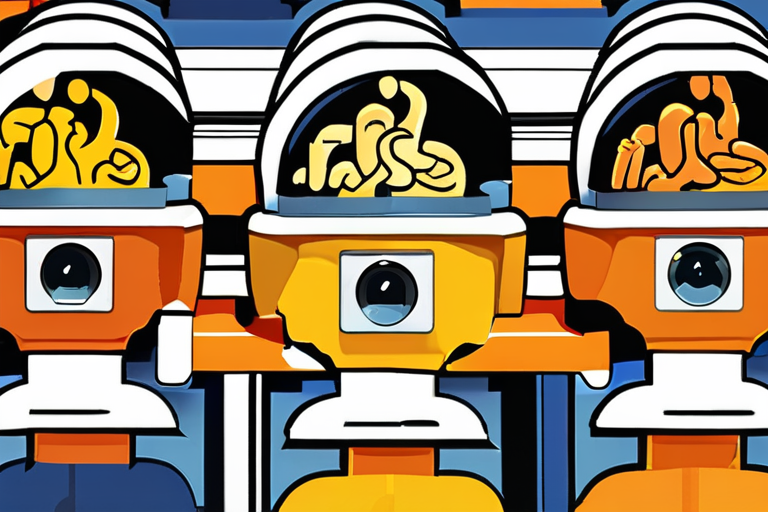
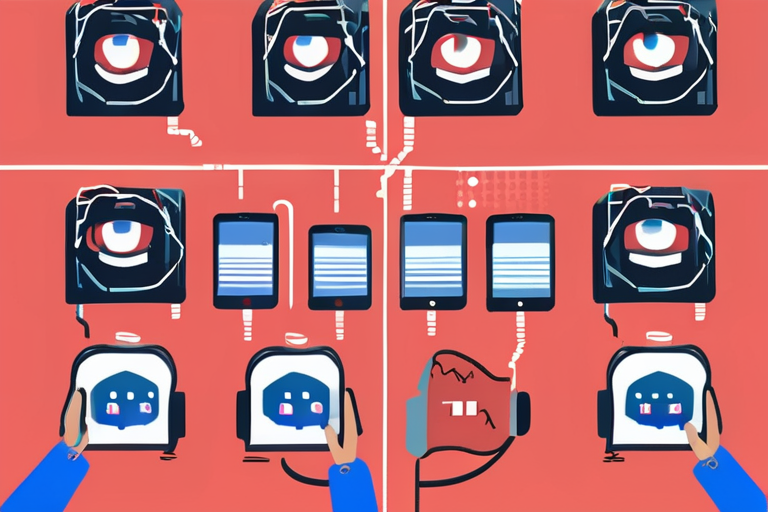


Share & Engage Share
Share this article